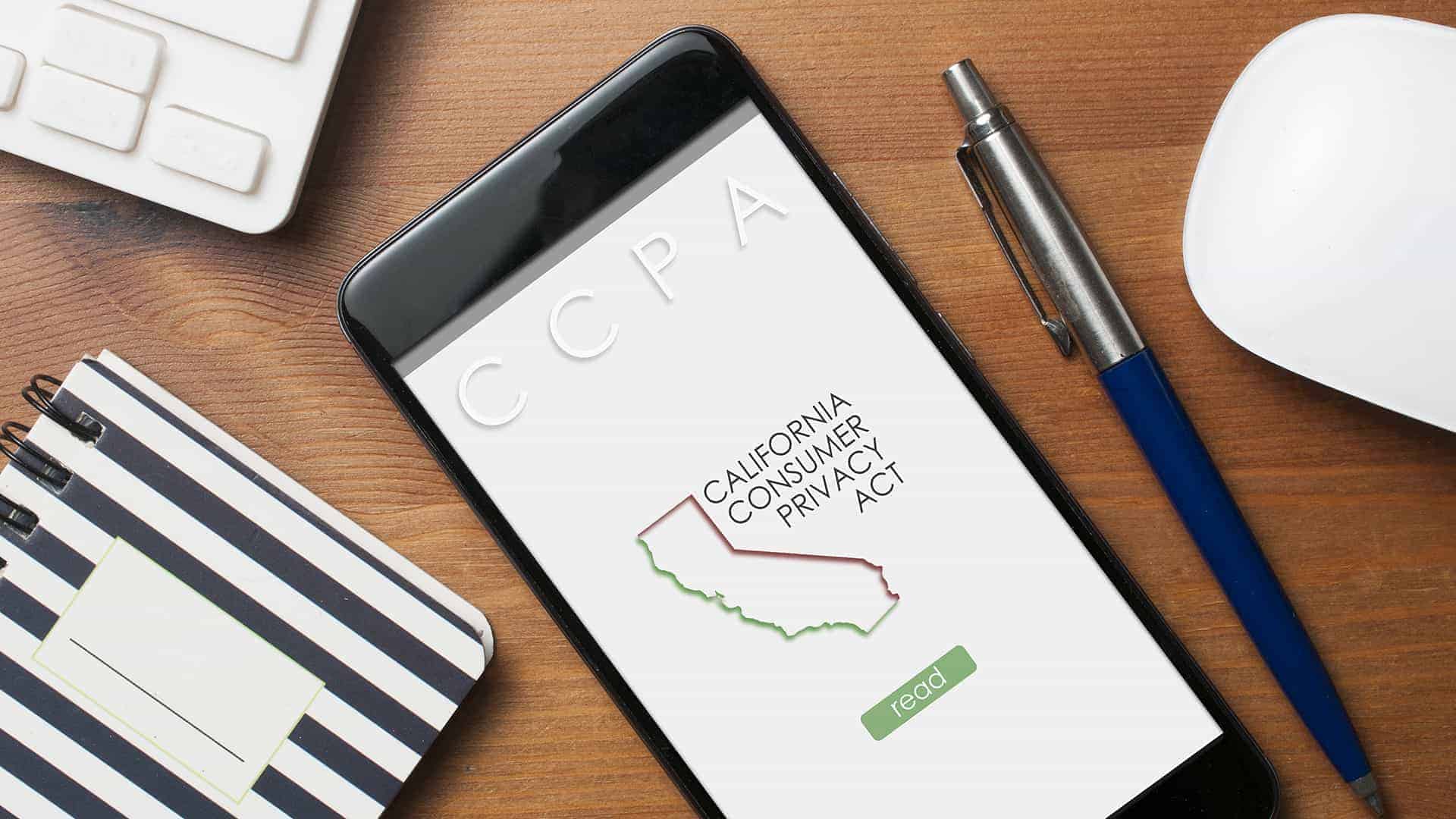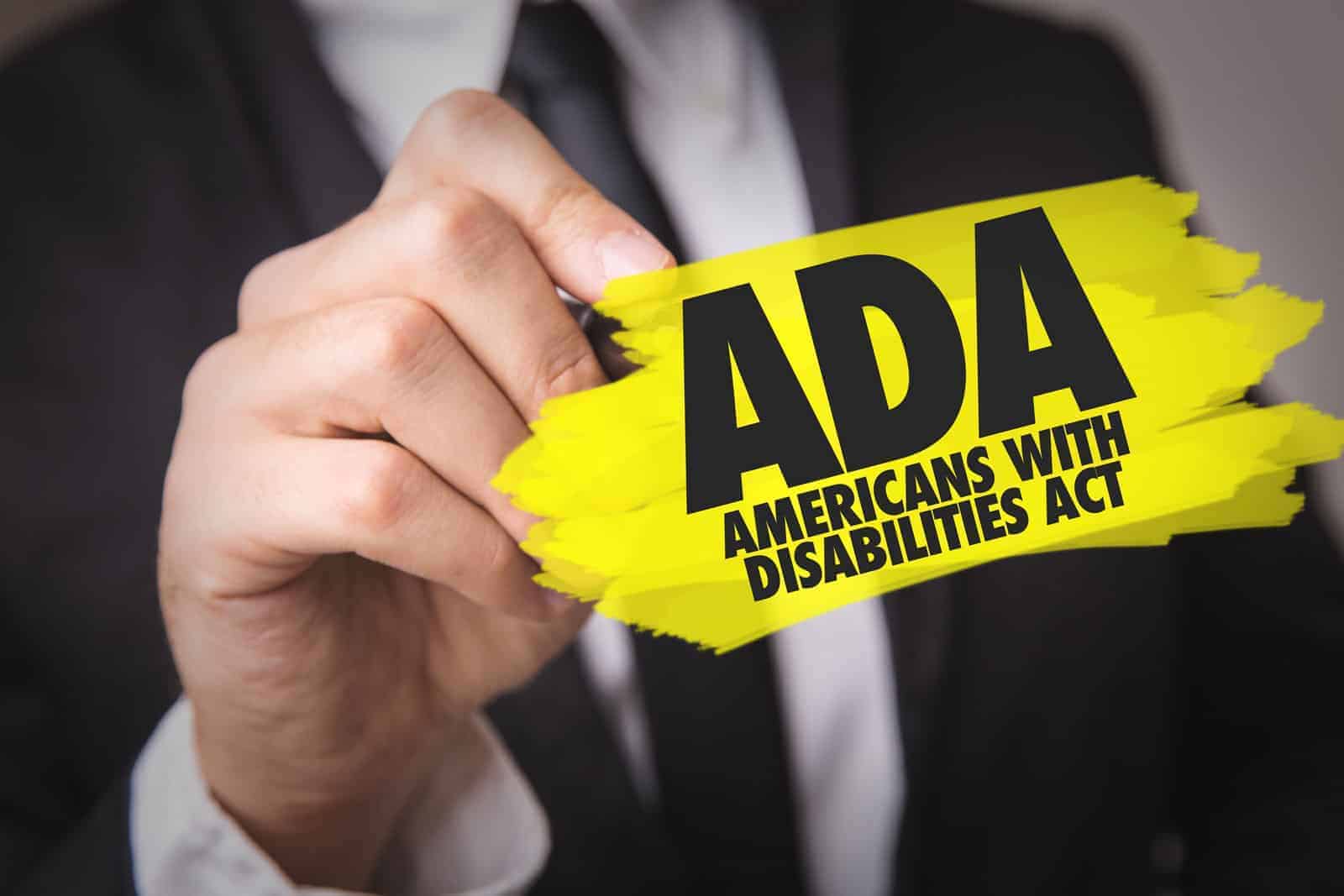
8th Cir. Rejects FDCPA Claim for Unlicensed Collection Letter Signer
The U.S Court of Appeals for the Eighth Circuit recently affirmed dismissal of a consumer’s suit against a debt collector, alleging that its collection letter violated the federal Fair Debt Collection Practices Act.
In so ruling, the Court concluded that the debt collector’s use of the term “PROFESSIONAL DEBT COLLECTORS” and the initials of its “doing business as” name would not mislead or deceive an “unsophisticated consumer,” and the letter’s inclusion of a signature of an individual not registered to collect debts in Minnesota was irrelevant and did not violate section 1692f, because the collection company and two other signatories were duly licensed to engage in debt collection activities in Minnesota.
A copy of the opinion in Klein v. Credico Inc. is available at: Link to Opinion.
In March 2017, a debt collection company mailed a consumer a collection letter under its ‘d/b/a’ name, which appeared in the top right corner of the collection letter, several lines above the words “PROFESSIONAL DEBT COLLECTORS.”
The letter warned the consumer that if the outstanding debt was not paid and if it became necessary to file a lawsuit to collect the debt, “it could result in a judgment . . . and that judgment could include . . . pre-judgment interest.” The letter was signed by three individuals — one of whom was not registered to collect debts in Minnesota where the consumer received the collection letter — above instructions for the consumer to pay online or correspond with “CCB” (the initials of the collector’s business name) at its website.
The consumer filed suit alleging that the collection letter’s inclusion of the phrase “PROFESSIONAL DEBT COLLECTORS” and the “CCB” acronym, rather than the collector’s true name violated subsection 1692e(14) of the FDCPA, 15 U.S.C. 1692, et seq., which prohibits the use of false, deceptive or misleading representations, including the use of any business, company or organization name other than the true name of the debt collector.
The consumer further alleged violations of subsection 1692f for the collection letter’s inclusion of a signatory not registered to collect debts in Minnesota, and its attempt to collect prejudgment interest purportedly not recoverable under Minnesota law.
The collector moved to dismiss the complaint. The trial court granted the motion, concluding that the use of “PROFESSIONAL DEBT COLLECTORS” and “CCB” was not false or misleading when viewed through the eyes of an unsophisticated consumer, and was immaterial. The trial court further held that the inclusion of the signature of an individual who was not registered to collect debts in Minnesota and assertion that the collector could seek pre-judgment interest did not violate the FDCPA. The instant appeal followed.
On appeal, the Eighth Circuit first evaluated whether the collection letter’s use of “PROFESSIONAL DEBT COLLECTORS” and “CCB” was false, misleading or deceptive through the eyes of an ‘unsophisticated consumer.’ Peters v. Gen. Serv. Bureau, Inc., 277 F. 3d 1051, 1055 (8th Cir. 2002).
The Eighth Circuit held that the trial court correctly determined that an unsophisticated consumer would understand that these terms referenced the collector because (i) “PROFESIONAL DEBT COLLECTORS” clearly described what collector (and its d/b/a) is, and; (ii) “CCB” is a commonsense abbreviation of the collector’s other registered name that it used in the collection letter. The Court further noted that the collection letter included the collector’s correct registered name and contact information, and the balance due on the debt.
The appellate court next considered the consumer’s argument that the collection letter’s inclusion of an individual’s signature who was not licensed to engage in debt collection activities in Minnesota violated subsection § 1692f(1) of the FDCPA, because “Minnesota law requires all individual debt collectors to obtain licenses as a prerequisite to collecting consumer debts in Minnesota.” See Minn. Stat. 332.33. As you may recall section 1692f prohibits the use of “unfair or unconscionable means to collect or attempt to collect any debt,” and subsection 1692f(1) prohibits “[t]he collection of any amount . . . unless such amount is expressly authorized by the agreement creating the debt or permitted by law.”
Primarily, the Eighth Circuit noted that the FDCPA “was not meant to convert every violation of a state debt collection law into a federal violation.” Carlson v. First Revenue Assur., 359 F. 3d. 1015, 1018 (8th Cir. 2004). The appellate court agreed with the trial court that the consumer failed to state a 1692f(1) claim because the other two signatories were registered to collect debt in Minnesota, as was the collector; thus, the inclusion of the unregistered individual’s signature did not constitute an “unfair or unconscionable means to attempt to collect a debt.” 15 U.S.C. 1692f.
Lastly, the appellate court rejected the consumer’s argument that the collection letter impermissibly attempted “to collect prejudgment interest” under Minn. Stat. 549.09 in violation of section 1692f, because the collector instead sought recovery under Minn. Stat. 334.01, which “does not prohibit” recovering pre-judgment interest. Hill v. Accounts Receivable Servs., LLC, 888 F. 3d 343, 346 (8th Cir. 2018) (affirming dismissal of consumer’s 1692f claims because the text of § 334.01 does not prohibit the recovery of statutory interest in conciliation court cases, thus, debt collector did not attempt to collect amounts not permitted by law).
About Maurice Wutscher
Maurice Wutscher is a national financial services defense and compliance law firm providing superlative defense and unmatched dedication to clients in key cities nationwide. Maurice Wutscher specializes in appellate matters, business formation and transactions, class action litigation, commercial litigation, construction litigation, consumer credit litigation, contested bankruptcies, contested foreclosures, employment litigation, insurance recovery and advisory services, intellectual property litigation, regulatory compliance, and trials and evidentiary hearings. Maurice Wutscher’s attorneys are leaders and influencers in the area of consumer financial services law, serving in leadership positions in industry groups and regularly publishing and speaking before national audiences. Bold leadership, strategic guidance and sound insight are the hallmarks of the Maurice Wutscher professional. The firm is committed to providing unparalleled client service, efficiency, and thought leadership.
This article courtesy of Maurice Wutscher’s Consumer Financial Services Blog and was written by Christopher P. Hahn.






